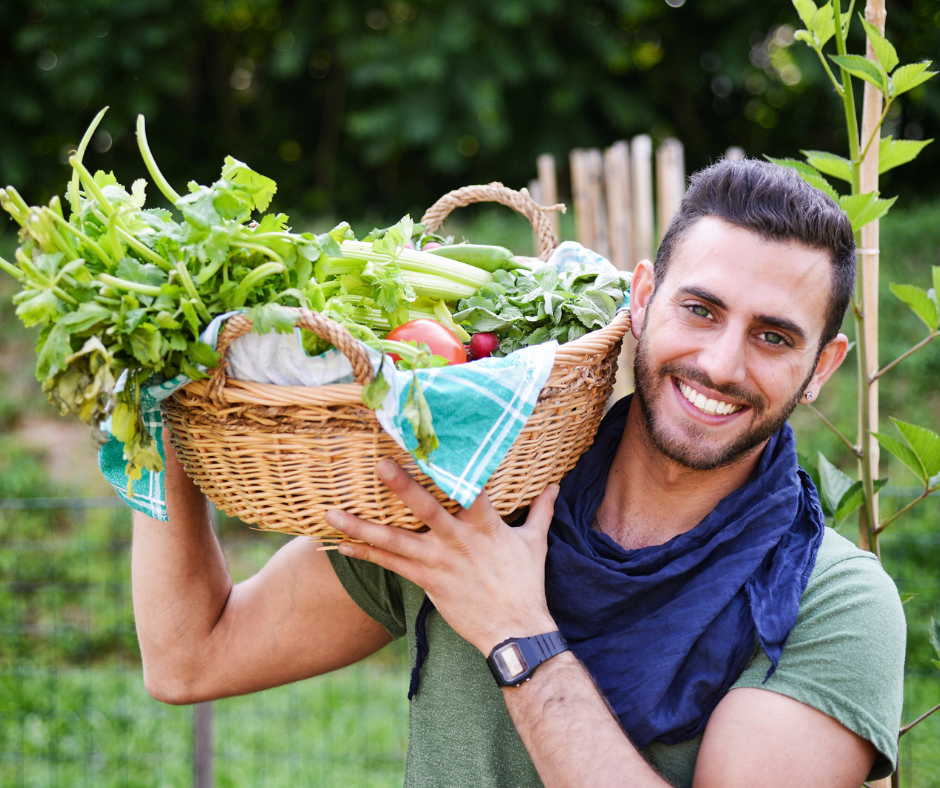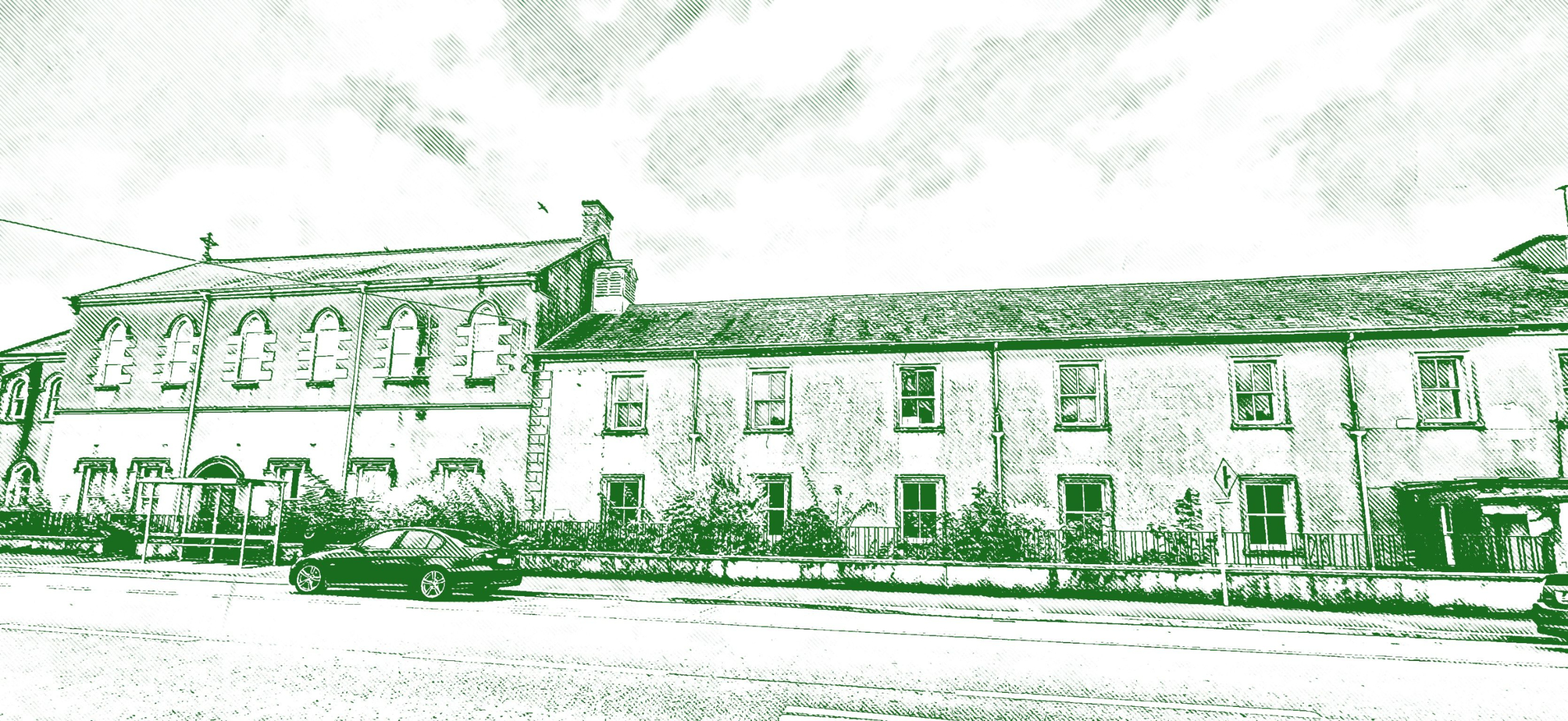Core College
Providing Courses in Herbal Medicine and Natural Healing Therapies
Nurturing compassionate healers for a healthier world
EXPLORE COURSESDelivery Methods and Ethos
Three paths to learning:

Online Learning

Flexible Practical Classes

Plant Based Ethos
About the College
Core College (The Irish School of Herbal Medicine) was founded in 2000. Our mission statement is to provide high-quality, professional training in herbal medicine. The School's ethos focuses on the use of organic, plant-based, and living-food programmes, herbal medicines, organic food and herb growing, and environmental and lifestyle awareness.
The academic team, which includes experts in their fields from Ireland and abroad, aspires to facilitate the rebirth of Western herbalism as it was practised in a time when people lived in greater harmony with the natural environment. Natural healing is a way of life, and students are encouraged to fully dedicate themselves to the principles of healing that they study.
Our central course is a four-year, part-time training programme in Herbal Medicine. The course places emphasis on the use of Irish herbs in the tradition of European herbalism. The curriculum is informed by the tradition of Master Herbalism, which utilises the apprenticeship model.
An extensive and constantly evolving online support system is central to our programme. Students belong to study groups, which are mentored by qualified tutors who are all fully qualified herbalists. Students living in all parts of the world are registered on, or have completed, the programme.
The college is currently located in the Old Rectory in the centre of Portlaoise, County Laois, and facilities include a library, a herbal garden, and a working herbal clinic where students gain the clinical aspect of their training. The college recently purchased the former Presentation Convent in Castlecomer, (see green drawing!) and plans to move its headquarters there once restoration work has been completed.
The college management and academic staff are committed to supporting the work of The Irish Association of Master Medical Herbalists in setting standards for training healthcare professionals.







